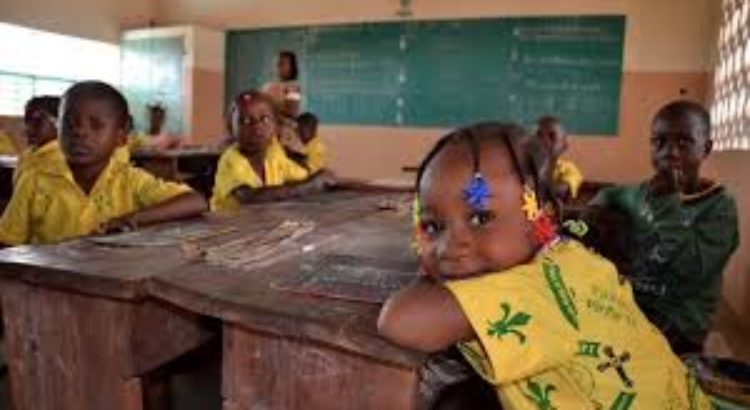Africa/Angola/12.06.18/By Zandre Campos/ Source: www.usnews.com.
THE CONVERSATION ABOUT Africa has been shifting from one about shortfalls to one about opportunities. Africa is a known leader in commodity exporting, but the economic potential far succeeds that.
Africa has an enormous coastline and is more proximate to both European and North American markets than Asia. Currently, Africa leads the world in mobile adoption, which continues to offer the biggest cross-sectoral economic opportunities. In addition, Africa has recently been cited as being a potential leader in technology, sustainability and agriculture.
There has been much progress over the years to make Africa the great place it is, but with the overall goal of making the region a competitive and effective player in international relations and the world economy, Africa needs to find a way to deliver effective, efficient and high-quality higher education systems in the region.
The general picture for education in Africa is one of ongoing progress and constant challenges. While no African country has achieved universal primary education, the number of children enrolled in primary school more than doubled between 1990 and 2012, according to «The State of Education in Africa Report 2015,» published by the Africa-America Institute. Yet in 2012, the average pupil-to-teacher ratio in primary school was 42 to 1, unchanged since 1999. In terms of higher education, enrollment more than doubled between 2000 and 2010 – with 50 percent more students per professor at African universities compared to the global average.
African education needs more of everything – more schools, more trained teachers, more investment. Certainly greater participation by the private sector and strengthening public/private partnerships would assist governments and bolster public sector funds to finance Africa’s public education system.
An article in the Harvard Business Review also calls for supporting Africa’s universities internationally. The article notes that many African universities are «decoupled» from their societies and markets, with no investment in research that drives innovative solutions. For example, an engineering school can exist for decades in a community without drinking water and make no effort to find a solution. Linking universities to companies in global innovation hubs such as Silicon Valley could help improve education and lead to new advancements in technology that would spur African economic growth, according to the piece.
A prime example of innovation is the education system in Finland. Since it implemented significant education reforms 40 years ago, Finland has consistently ranked at the top among developed nations, as measured by the Programme for International Student Assessment, an international standardized test for 15-year-olds in language, math and science. Finland has opted not to follow the evaluation-driven, centralized model that much of the Western world uses. There are no mandatory tests, homework is minimal, school days are shorter and courses are fewer. Instead of control, competition, stress and standardized testing, children are treated with warmth, collaboration and highly professionalized, teacher-led encouragement and assessment. They attend school fewer hours, but benefit from highly personalized attention and needed time for play.
Africa needs to find solutions that are directly connected to the needs of individual countries and to the continent as a whole. What has been tried in the past, particularly traditions begun under colonial regimes, won’t work in the future. The education system should emphasize the STEM disciplines (science, technology, engineering and math) and be geared to finding solutions to Africa’s challenges.
For example, let’s look at the numbers of foreign companies and engineers that are building Africa. Compare those numbers with African scientists and Ph.D.s. The education system should be structured to meet those shortfalls and groom the talent Africa needs to address the challenges in multiple sectors, such as energy, water and infrastructure.
Africa is the youngest continent, with 200 million young people between the ages of 15 and 24, the Africa-America Institute reports. By 2040, Africa will have the world’s youngest labor force. Young people in Africa need jobs and a positive outlook for their lives ahead. They need to realize their vision and to lead Africa forward. A quality education is the foundation and the essence of their future.
Source of the article: https://www.usnews.com/opinion/articles/2016-08-16/education-is-key-to-africas-economy









 Users Today : 9
Users Today : 9 Total Users : 35460218
Total Users : 35460218 Views Today : 12
Views Today : 12 Total views : 3418907
Total views : 3418907